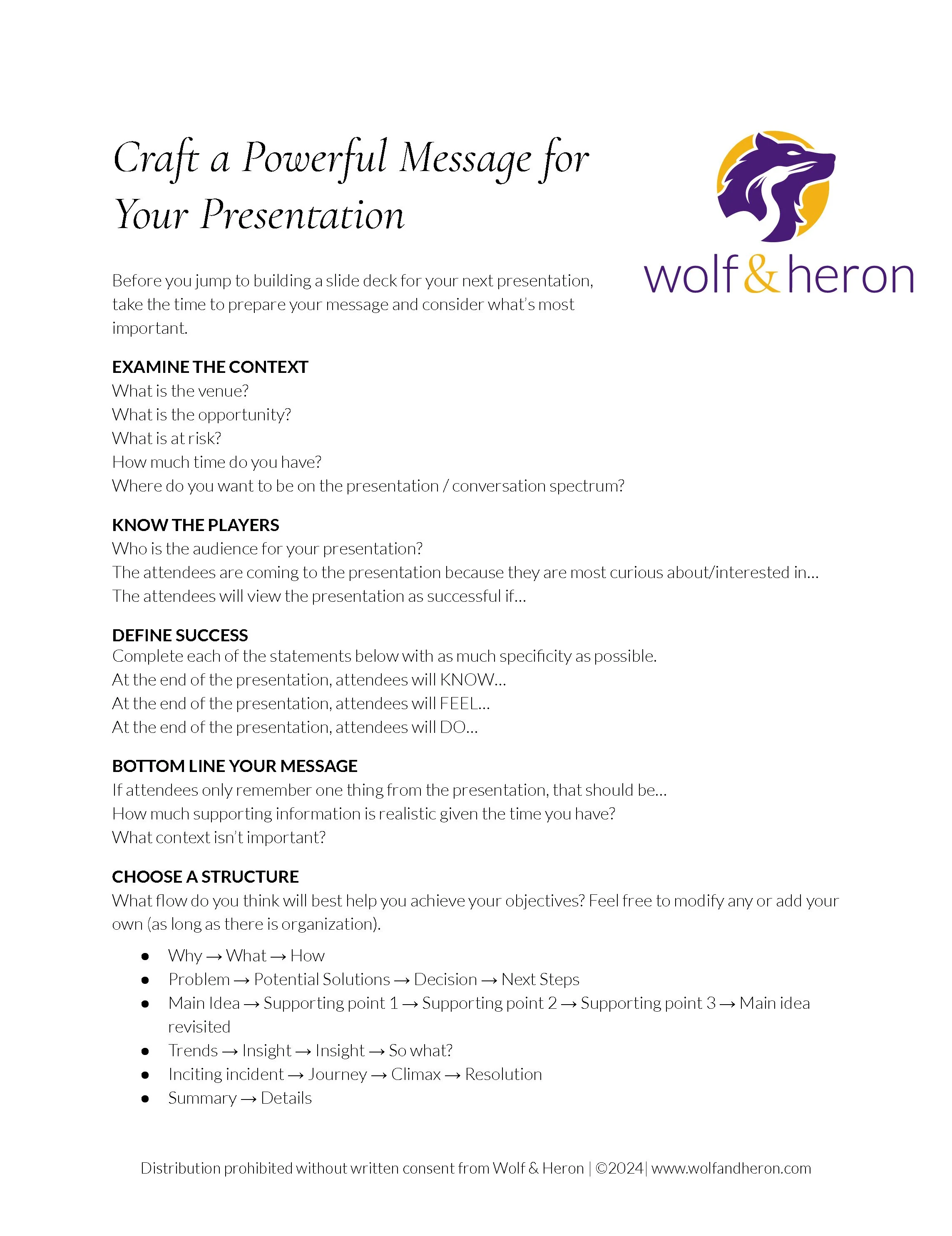People don’t make decisions based on logic alone. They need to connect emotionally with your message —and use logic to justify it later. That’s where storytelling comes in. A good story doesn’t just inform; it makes people feel. And when they feel, they remember. More importantly, they act.
Read on to understand why stories work, what makes a story unique, and how to ensure your points land by wrapping them in stories.
Read More



















